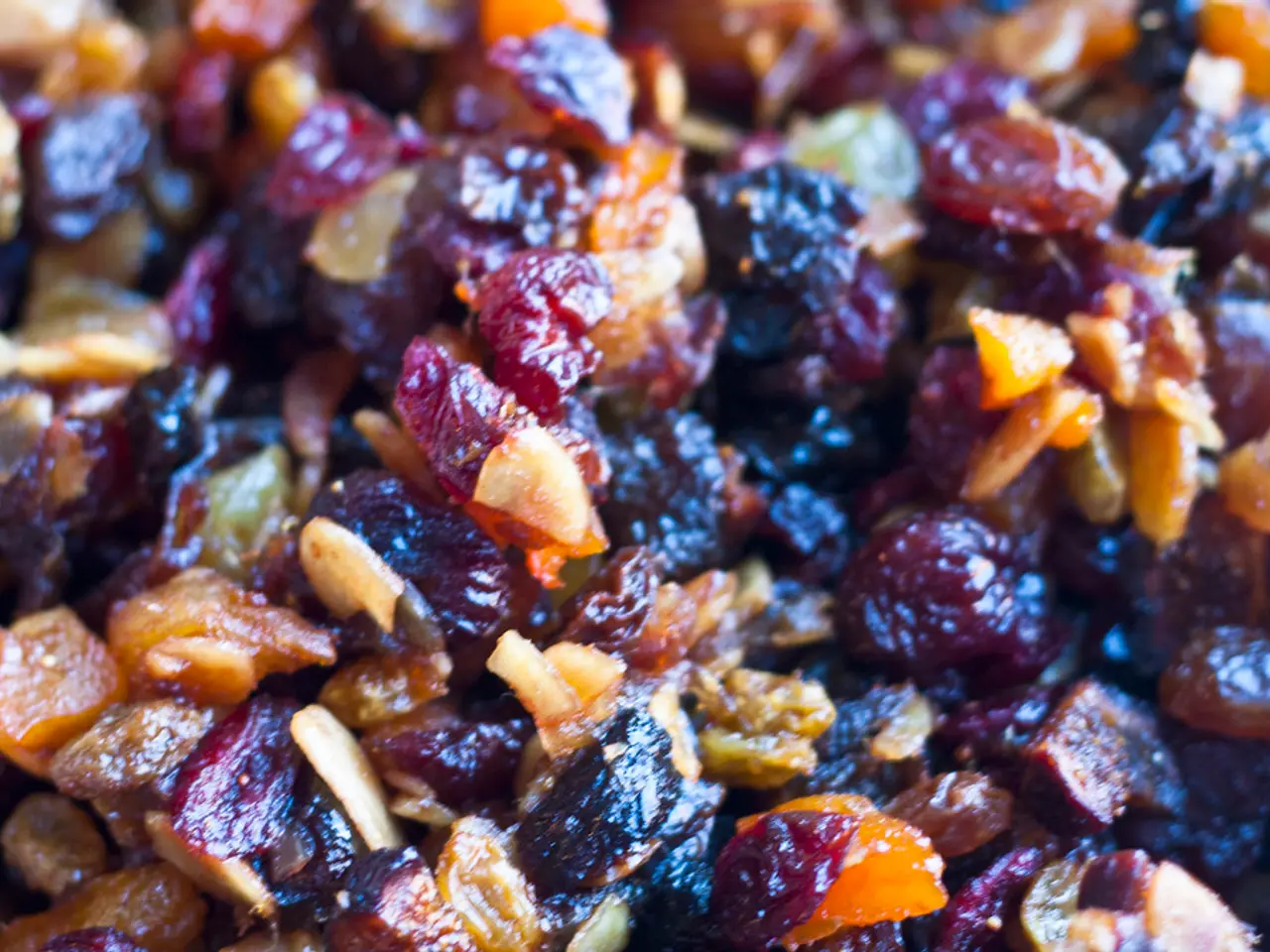Discovering a healthier lifestyle? Recent research reveals the impact of pre-made meals on our well-being
In a groundbreaking study published in Nature Medicine, researchers have found that minimally processed diets lead to twice as much weight loss compared to ultra-processed diets, even when both are nutritionally matched and aligned with healthy eating guidelines.
The study, which was the longest interventional trial comparing ultra-processed and minimally processed foods in real-world conditions, involved 55 adults in England who had poor nutrition diets primarily consisting of ultra-processed foods. Participants were split into two groups, with one group starting on a diet of minimally processed foods, while the other ate only ultra-processed foods. After a month-long break, the two groups swapped diets.
The results showed that the minimally processed diet led to greater fat mass loss, fewer food cravings, and lower levels of triglycerides, which are markers of heart disease risk. Surprisingly, while triglycerides decreased more on the minimally processed diet, LDL cholesterol ("bad" cholesterol) was reduced more on the ultra-processed diet. However, there were no significant differences between the diets on most other markers of heart health.
The study suggests that following national dietary guidelines is beneficial regardless of processing level, but minimally processed diets appear to offer greater benefits for weight and fat loss, and some cardiovascular risk markers compared to ultra-processed diets. For instance, participants on the minimally processed diet were expected to lose 13% of their weight over a year, compared to 4% on the ultra-processed diet for men. For women, the expected weight loss over a year was 9% on the minimally processed diet and 4% on the ultra-processed diet.
The study's authors, including Dr. Chris van Tulleken, have called for policy action to make unhealthy options less appealing, such as through warning labels, marketing restrictions, and taxes. Tracy Parker, nutrition lead at the British Heart Foundation, stated that completely cutting out ultra-processed foods from diets isn't realistic for most people, but including more minimally processed foods could offer added benefits.
The new study adds to the growing body of evidence showing that access to nutritious food is critical to our health and wellbeing. It's important to note that both diets in this study resulted in overall weight loss, which was attributed in part to participants being provided all their meals free and ready-prepared, potentially increasing diet adherence and reducing decision fatigue.
However, the study included only 55 people who tried both diets, which is a limitation. Longer studies with more participants are needed to fully understand how ultra-processed foods affect our health. Samuel Dicken, a researcher who helped run the trial at University College London, noted that a 2% reduction in weight over eight weeks, without actively reducing intake, could become a significant difference over time.
In conclusion, the study highlights the benefits of minimally processed diets for weight loss and some cardiovascular risk markers. While the study does not imply that ultra-processed foods are detrimental to weight maintenance, it does suggest that including more minimally processed foods in our diets could offer additional health benefits.
- The study emphasizes that incorporating more minimally processed foods into our diets could provide added benefits for health and wellness, specifically in areas of weight management and cardiovascular risk.
- The findings also support the significance of following nutritional guidelines in fitness and exercise routines, as minimal processing appears to yield better results for weight loss compared to ultra-processed foods.
- Additionally, the research underscores the importance of nutrition in medical-conditions management, as a diet of minimally processed foods may lead to improved health outcomes, such as lower levels of triglycerides, which are markers of heart disease risk.




